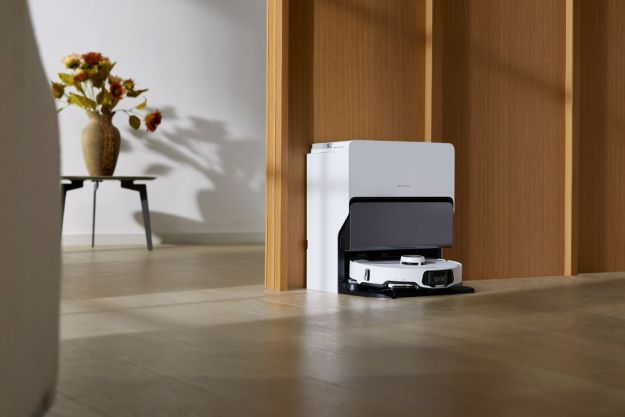While that technology has benefited many, St. Louis-based startup Ultradia thinks it has a better approach. Rather than merely tracking your sleeping habits and putting the onus on you to optimize them, the company has created a clever new device called Chrona that does all the optimization for you. In addition to tracking your sleep patterns, Chrona uses a novel application of technology to boost the quality of your sleep — no lifestyle changes required.
Here’s the theory behind the device. Like Fitbit and other wearable trackers, Chrona tracks sleep based on motion. But instead of being attached to your wrist, Chrona is placed in your pillowcase, where it measures the movements of your head and torso. Based on these movements, it can reliably tell where you are in your sleep cycle.

As rosy-fingered dawn approaches, Chrona can switch to playing higher-frequency sounds to help you enter a lighter state of sleep before your alarm plays in the morning. When you’re relaxed with your eyes closed, your brain expresses its highest activity in the alpha-frequency range (such as during meditation). Chrona’s “Perfect Wake-Up” feature uses sound in that same frequency range to prepare your mind to wake up.
It sounds crazy, but apparently all of this is backed up by legitimate research. It is indeed possible to increase the magnitude of the brainwaves produced during deep sleep (slow wave sleep) through acoustic stimulation.
Ultradia has produced a handful of working prototypes, and has recently turned to Kickstarter to bring Chrona to production. If you back the project now, you can lock down one of the first models for a pledge of 100 bucks. If the project meets its funding goal and everything goes smoothly, Ultradia expects to begin shipping sometime around December.
Editors' Recommendations
- Can a smart sprinkler system help you use less water?
- Does listening to languages in your sleep help you learn them faster?
- This bed for astronauts helps you sleep more deeply through the science of sound
- Does tracking your sleep actually help you sleep better? We asked an expert



